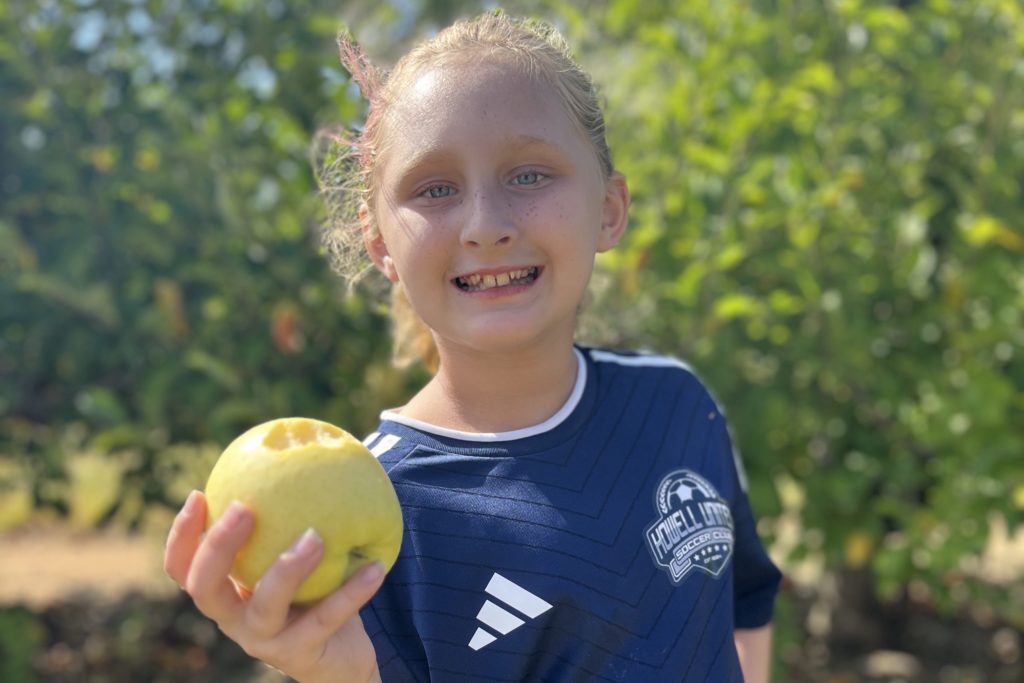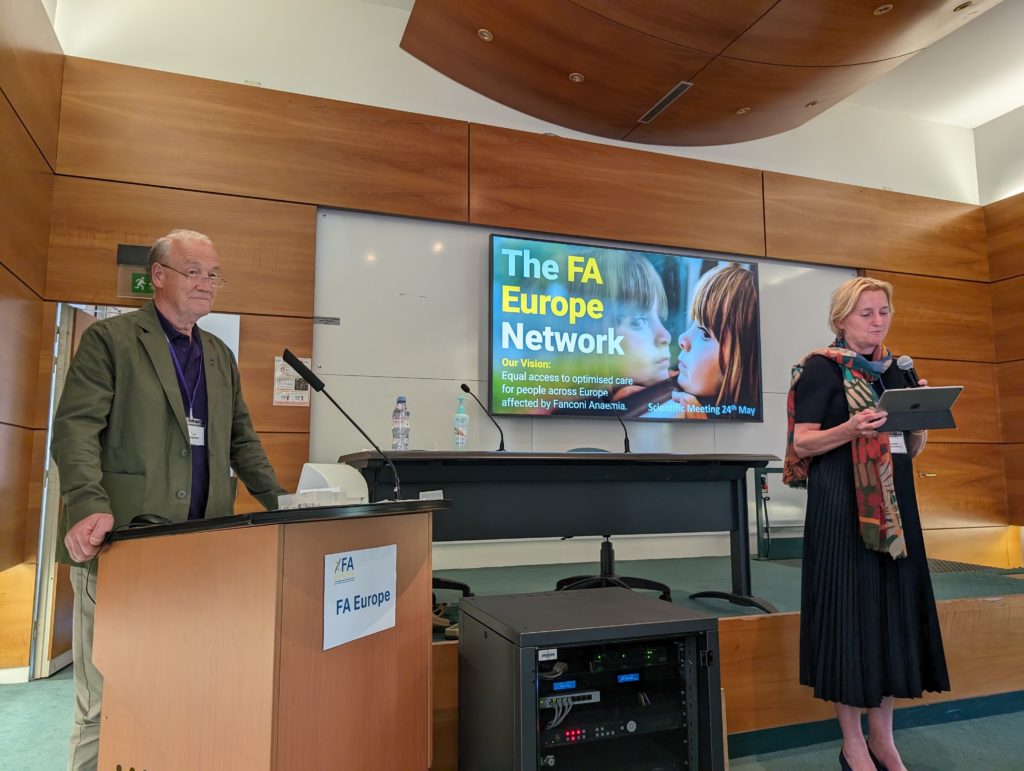
Many of you have reached out with questions about recent legislative changes to US healthcare, including updates to Medicaid under HR1. We know that these changes can feel complex and uncertain, especially when you or your loved one relies on consistent, specialized care. While much is still being decided, we want you to know that we are paying attention, learning from experts, and committed to sharing information that can help you make informed decisions.
What We Know
- Coverage Loss: Some changes to eligibility and administrative rules may lead to fewer people qualifying for Medicaid, which could impact those who rely on Home and Community-Based Services (HCBS) or other waiver programs.
- Cost Shifting: Reduced coverage may shift costs to families, providers, and hospitals.
- Equity Concerns: New work requirements and more frequent eligibility checks could disproportionately affect people already facing barriers to healthcare access.
Because implementation will happen at both the federal and state levels, the effects may vary depending on where you live.
Why This Matters
People with rare diseases like FA often rely on a combination of healthcare programs and insurance coverage. Any change that reduces access to care or increases out-of-pocket costs can have real-world consequences for our community.
How You Can Engage
Changes are scheduled to go into effect in 2026, so the best time to act is now. As the situation evolves, here are some ways to get involved:
- Stay Informed
Learn about your state’s Medicaid program and how it serves people with rare diseases. Search “[Your State] Medicaid” to find the government site — it usually ends in .gov. Follow organizations tracking Medicaid policy, such as the National Organization for Rare Disorders or your state’s rare disease advisory council. See a list of helpful organizations at the end of this page. - Share Your Story
Personal stories help policymakers understand the real impact of healthcare changes. Consider submitting your experience to your state’s Medicaid Advisory Council or to national rare disease advocacy groups. - Participate in Public Comment Periods
When states propose changes to Medicaid programs, there is often a public comment process. This is a chance to share your concerns or support. - Build Relationships with Decision-Makers
If you feel comfortable, connect with your state legislators and Medicaid officials to share how these programs impact your life. - Join Advocacy Networks
Partner with organizations already working in Medicaid policy to amplify your voice.
Explore FCF’s Patient Advocacy Program and apply to take a more active role in our advocacy efforts.
Moving Forward Together
We will continue monitoring updates from trusted organizations and sharing key information with the FA community. While we are not healthcare policy specialists, we know that informed, early engagement can make a difference. If you hear of upcoming public comment opportunities, legislative proposals, or data that could help advocate for our community, please share it with us so we can help spread the word.
Resources
- Find your Representative: Congressional District maps and social media links/handles for legislators.
- How your state is taking action: State Organizations, State Rare Disease Caucuses, and Rare Disease Advisory Councils
- Advocacy How-to Guides: Quick-reference advocacy tools designed to help effectively engage in policy at federal, state, and local levels.
- Waiver Programs: State‑by‑state breakdown of Medicaid waiver and Katie Beckett programs for children with disabilities.




